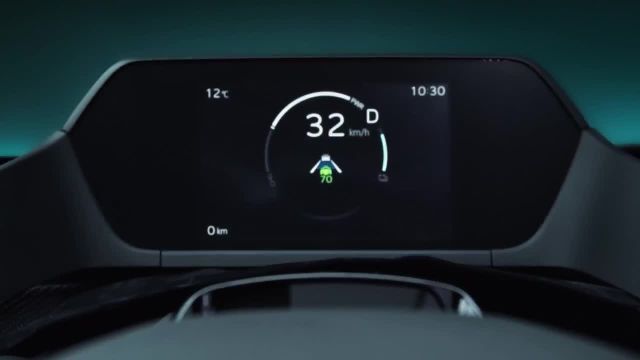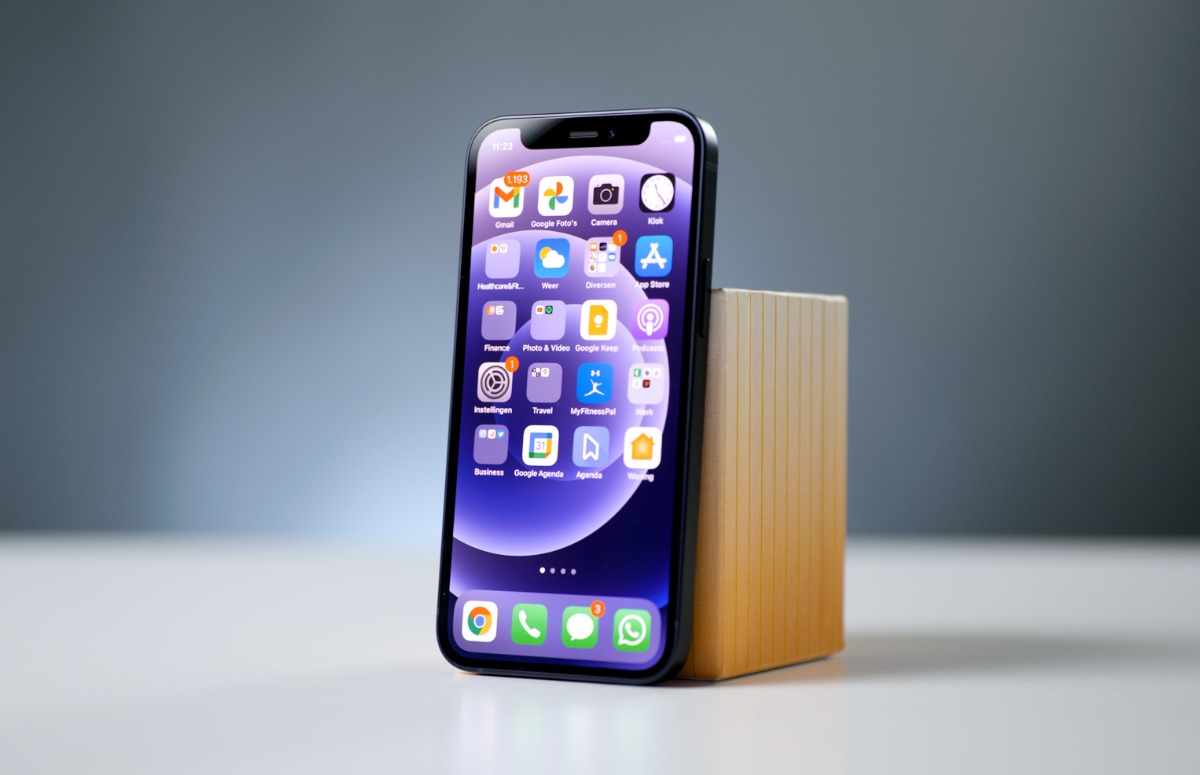Although the Japanese carmaker does not rush much into electric cars, it definitely does not want to fall asleep technologically.
–
Toyota, one of the few automakers to maintain a broader portfolio of powertrains to meet the needs of different customers, recently announced in Tokyo that it wants to invest 1.5 million Japanese yen (approximately $ 13.7 billion) in battery development by 2030. Obviously, he doesn’t want to fall asleep in the field of technology.
According to Automotive News, part of this funding should go to the development of new solid-electrolyte batteries, referred to as solid-state batteries, which many say represent the future of (not only) electromobility. In addition, however, Toyota also wants to invest in a new generation of lithium-ion batteries, for which it plans to lower the price and extend its life.
–
–
For example, the production electric Toyota bZ4X, which the carmaker has so far demonstrated as the concept of the electric equivalent of the Toyota RAV4, should be equipped with batteries that will retain up to 90 of their original capacity even after ten years. In addition, their price could be almost a third lower than the competition, according to Auto Evolution.
However, Masahiko Maeda, the carmaker’s chief technical officer, revealed in an interview with Automotive News that since 2025 the carmaker wants to offer mainly electric cars equipped with batteries with solid electrolyte, which are lighter, safer and have a higher energy density. The carmaker is reportedly testing functional prototypes with these batteries since 2020.

–
–
–

–
–
However, Toyota believes that there will still be room for hybrids in the future. They could also use solid electrolyte batteries, but their development for use in hybrids will take some time. That’s why Toyota plans to further develop nickel-metal hydride cells. After all, the recently introduced Toyota Aqua received completely new bipolar nickel-hydrogen cells, which promise up to twice the performance due to higher energy density.
In 2030, the carmaker expects sales of approximately 8 million electrified and 2 million purely electric vehicles, which, in addition to battery cars, will also include hydrogen electric cars. However, the carmaker did not publish the percentage distribution, which indicates that it is evidently still placing great hopes in hydrogen.
– .


